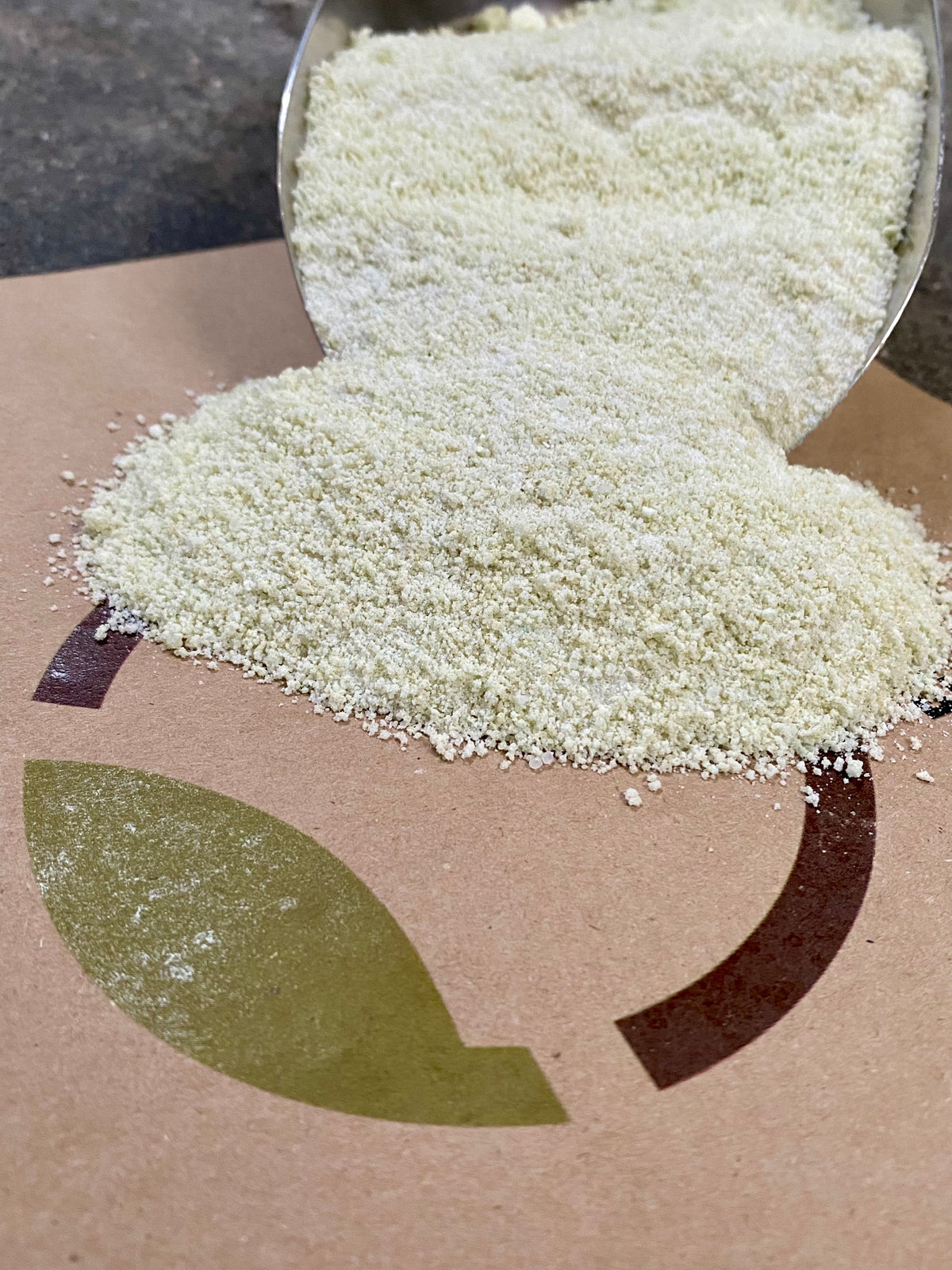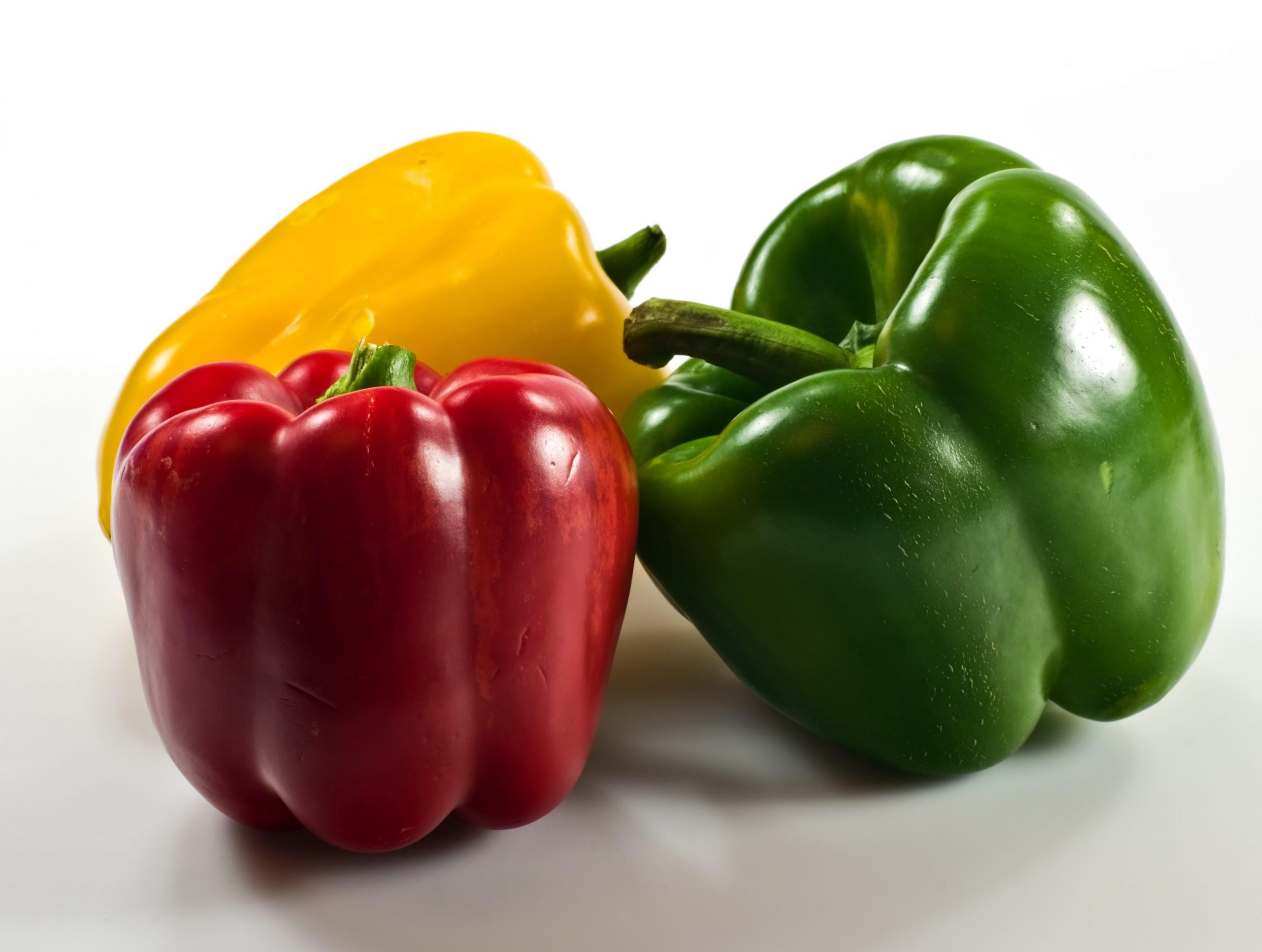Best Fertilizers for Peppers: Increase Development and Flavor Naturally
Exactly How Fertilizers Play a Vital Role in Growing Healthy And Balanced and Bountiful Pepper Crops
Fertilizers serve as the foundation of successful pepper cultivation, supplying a calculated method to nurturing the dirt and cultivating optimal plant development. The intricate dance in between vital nutrients and the pepper plants' physical procedures underscores the critical duty that fertilizers play in making certain a plentiful harvest.
Importance of Nutrient-Rich Fertilizers
The utilization of nutrient-rich fertilizers plays a critical function in boosting the performance and quality of pepper crops in modern-day farming techniques. Phosphorus, potassium, and nitrogen are key nutrients that are important for the development and growth of pepper plants.
Inadequate levels of these nutrients can lead to stunted growth, minimized returns, and sensitivity to diseases (best fertilizers for peppers). Nutrient-rich plant foods provide a targeted service to make sure that pepper plants get the essential components for optimum development and productivity. Additionally, these fertilizers help boost dirt fertility with time, developing a lasting atmosphere for long-lasting pepper growing
Enhancing Plant Development and Advancement
To maximize plant growth and advancement in pepper plants, strategic application of nutrient-rich fertilizers is important. Fertilizers play a crucial function in enhancing the total health and wellness and productivity of pepper plants by providing them with vital nutrients that might be doing not have in the soil. Phosphorus, potassium, and nitrogen are main macronutrients needed in large amounts by peppers for robust development. Nitrogen aids in leafed environment-friendly development and overall plant vitality, phosphorus sustains origin development and blossom formation, while potassium adds to illness resistance and fruit quality.
Iron, for circumstances, is required for chlorophyll production, which is important for photosynthesis and general plant development. Zinc plays a critical function in enzyme activity and hormone synthesis, affecting plant development and advancement at a cellular degree.

Boosting Condition Resistance With Fertilizers
By tactically integrating targeted fertilizers, farmers can strengthen the condition resistance of pepper plants, guaranteeing ideal plant health and wellness and performance. Fertilizers having crucial nutrients like nitrogen, phosphorus, and potassium play a vital function in enhancing pepper plants' body immune systems, making them much more durable to numerous conditions. Nitrogen, as an example, aids in the production of proteins that are essential for plant defense reaction. Phosphorus adds to root development, making it possible for plants to much better take in nutrients and water, hence boosting their capacity to fend off diseases. Potassium manages processes that improve total plant wellness, making peppers a lot more robust versus microorganisms.

Optimizing Pepper Return Via Fertilization
Utilizing a well balanced fertilizing strategy is key to attaining optimum pepper yield and ensuring optimum crop performance. By offering peppers with the right nutrients at the ideal time, farmers can significantly improve their yield potential. Nitrogen, potassium, and phosphorus are important aspects for pepper growth, with nitrogen helping in leaf and stem growth, phosphorus sustaining root development and flower formation, and potassium advertising overall plant health.
To take full advantage of pepper return, it is important to perform soil examinations to identify existing vitamins and mineral levels and determine any kind of deficiencies that require to be dealt with. Based upon these outcomes, farmers can establish a customized fertilization strategy that fulfills the specific requirements of their pepper plants. Additionally, appropriate fertilizing techniques such as split applications throughout the growing period can ensure constant vitamins and mineral availability for the plants.

Lasting Fertilizer Practices for Peppers
In taking over at this website into consideration sustainable fertilizer methods for peppers, it is vital to concentrate on long-lasting soil health and ecological stewardship combined with taking full advantage of plant efficiency. Lasting fertilizer practices aim to maintain or improve dirt fertility while lessening unfavorable ecological effects. One key technique is using organic plant foods such as compost, manure, or cover plants, which not only provide essential nutrients to the peppers yet also add to soil framework and microbial activity. These natural alternatives help build organic matter in the dirt, enhancing its ability to keep water and nutrients, thereby supporting long-term crop health and resilience.
Furthermore, precision agriculture methods, such as soil testing and targeted nutrient applications, can assist enhance fertilizer use, making certain that peppers receive the nutrients they need without excess overflow right into waterways. This not only profits the environment by reducing contamination but also conserves costs for farmers by decreasing waste. By embracing sustainable plant food practices, pepper cultivators can protect the wellness of their crops, dirt, and bordering communities for future generations.
Conclusion
Finally, fertilizers are crucial for cultivating healthy and balanced and abundant pepper crops. best fertilizers for peppers. They provide needed nutrients for plant development and advancement, increase disease resistance, and optimize yield. By applying sustainable plant food methods, farmers can ensure the long-lasting health of their pepper plants and contribute to a much more efficient and environmentally-friendly agricultural system
The intricate dancing in between vital nutrients and the pepper plants' physiological processes emphasizes the essential function that plant foods play in making sure an abundant find harvest.To enhance plant growth and development in pepper plants, critical application of nutrient-rich plant foods is crucial. Plant foods play a critical function in improving the total health and wellness and productivity of pepper plants by providing them with necessary nutrients that may be doing not have in the dirt.By tactically including targeted plant foods, farmers can reinforce the illness resistance of pepper plants, guaranteeing optimum plant wellness and efficiency. Fertilizers consisting of crucial nutrients like phosphorus, potassium, and nitrogen play a critical role in strengthening pepper plants' immune systems, making them much more durable to different illness.